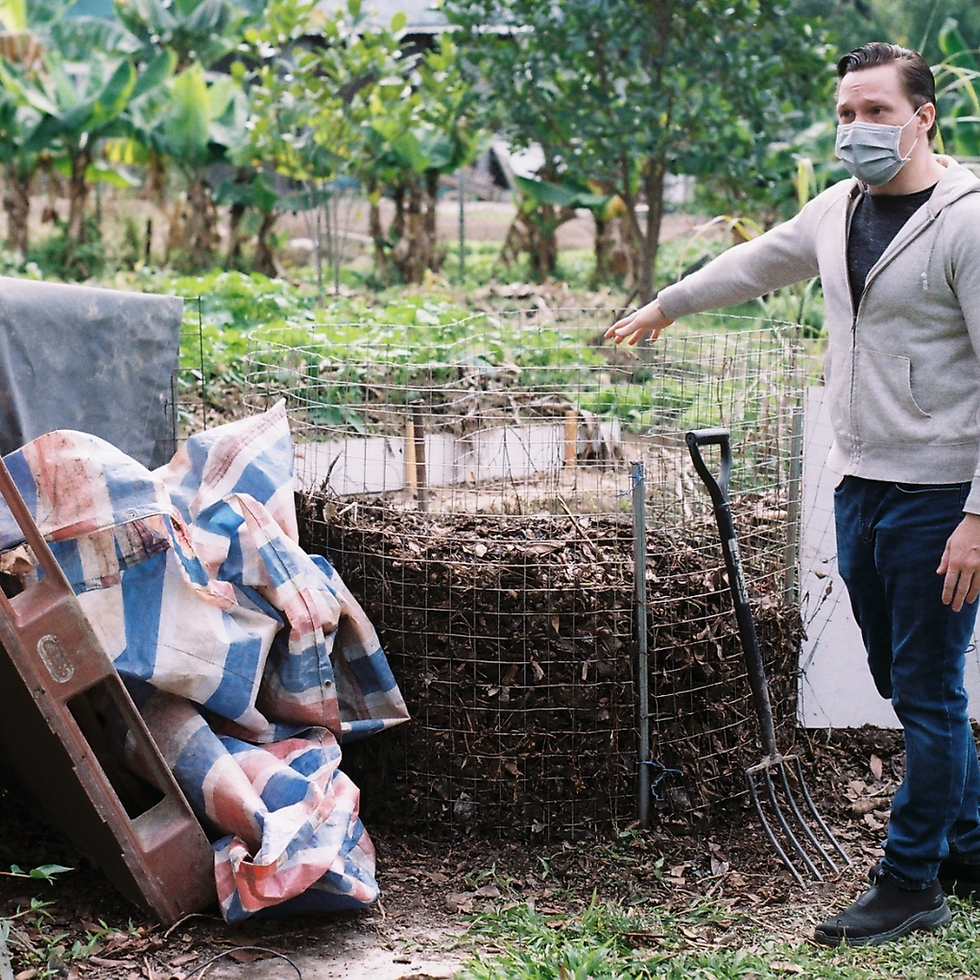Fruits and vegetables are evidently less nutrient-dense than they used to be
- hello505902

- May 10, 2022
- 1 min read
Updated: Jun 22, 2022
Multiple scientific studies show that many fruits, vegetables, and grains grown today carry less protein, calcium, phosphorus, iron, riboflavin, and vitamin C than those that were grown 70 years ago. And the root of the problem lies in the gradual culmination of this perfect storm:

1) Modern farming practices designed to increase crops yields: By learning to grow plants bigger and faster, the plants aren’t able to keep up with the absorption of nutrients from the soil; 2) Soil damage resulted from industrial farming: high-yield farming depletes the soil, which compromises the ability of plants to form partnerships with mycorrhizal fungi - the underground fungal network that helps to increase crops’ ability to access nutrients and water from the soil; 3) Rising carbon dioxide levels in the atmosphere: plants that are exposed to higher levels of carbon dioxide generate more carbon-based compounds, these crops draw in less water and bring in fewer micronutrients from the soil. The Solution? Regenerative farming - utilizing agroecological practices to produce crops with higher soil organic matter levels, soil health scores, and higher levels of certain vitamins, minerals, and phytochemicals. Source: National Geographic





Comments